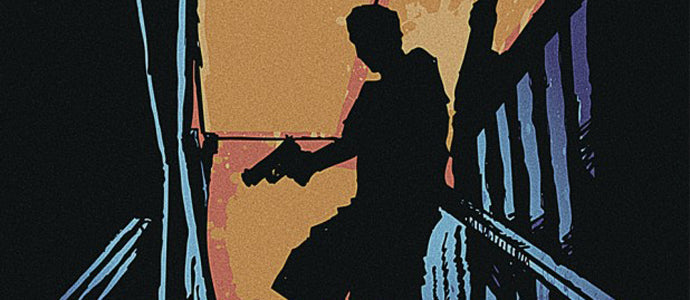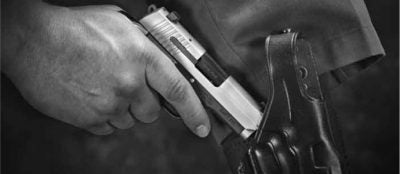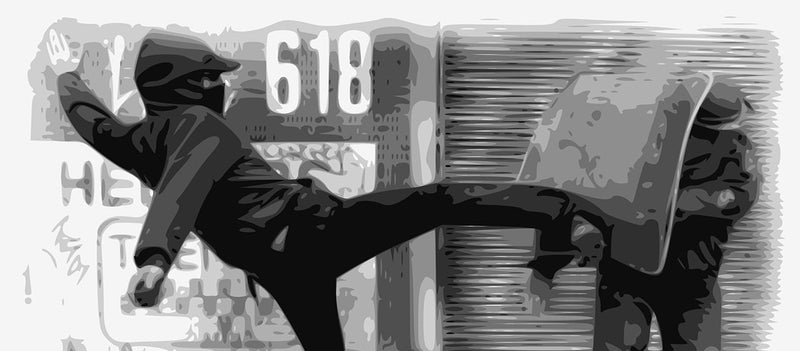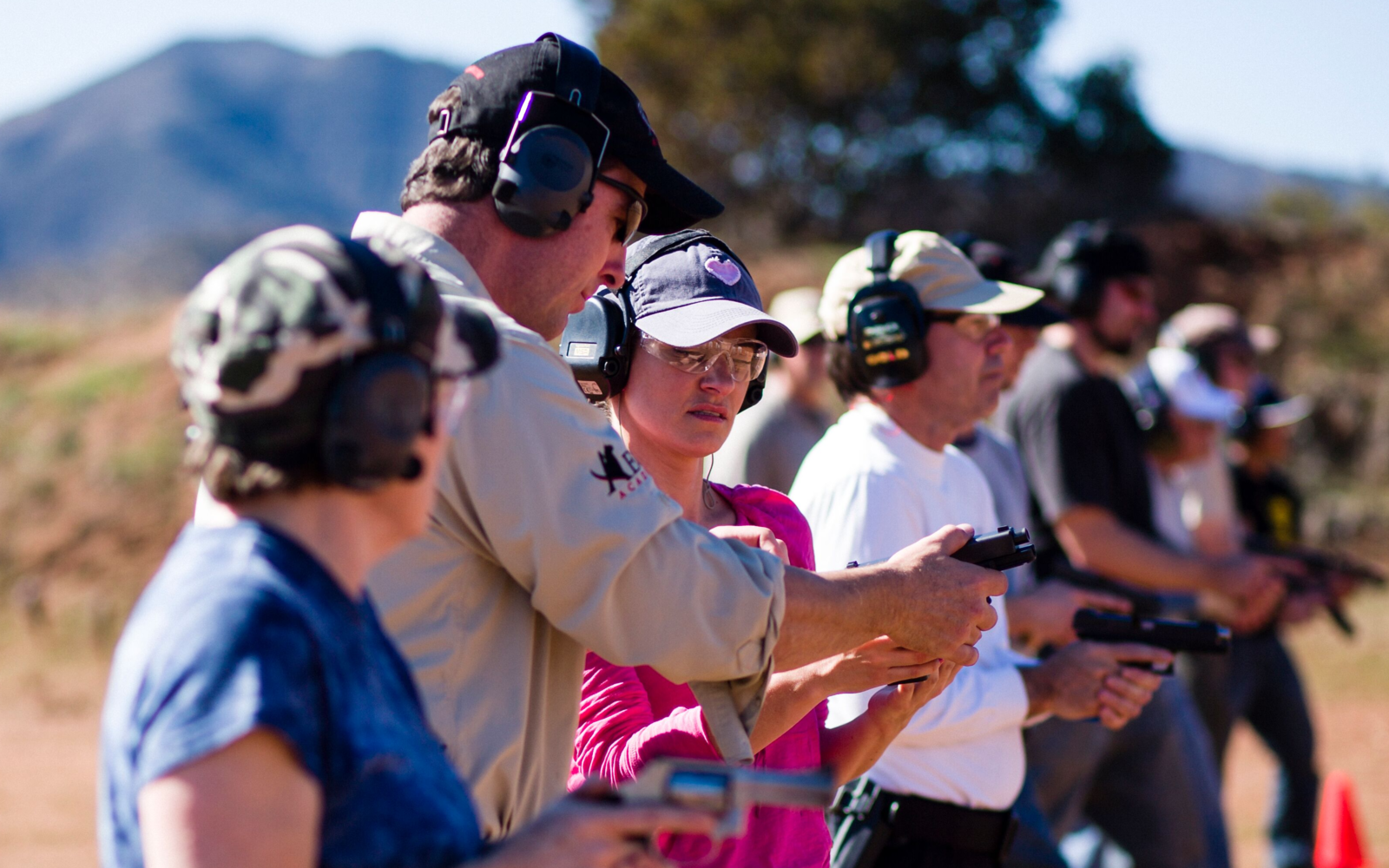About Aegis Academy
Aegis Academy was founded on the principle that capable, confident, empowered citizens are the core element of safety and security in our society. We screen and vet every instructors background, experience and training programs so you can be confident you are receiving professional quality instruction, that will enhance your ability to contribute to the safer community we all want to live in!

Home Defense - What you can do...
Home is your castle, your sanctuary, your favorite place to be; it’s where you and your family are the safest and feel the most secure. It’s also a primary target of the predator.

Gun Review: Sig Sauer P938
Through 20 years of trial-and-error in finding the right concealed carry pistol to best suit my requirements, the Sig Sauer P938 emerged as my personal #1. In this product review, I

The New Reality...
Sadly this focus on threat has many in both government and private security overlooking the most effective security strategy available to us, which is the engagement of

United States Carry Concealed Association
We’re all born to protect, but instinct, owning a gun or other protection tools just isn’t enough to keep your family safe. Even if your actions are justified, a single self-defense incident like a home invasion could put your freedom, life savings and future at risk.
Learn More




